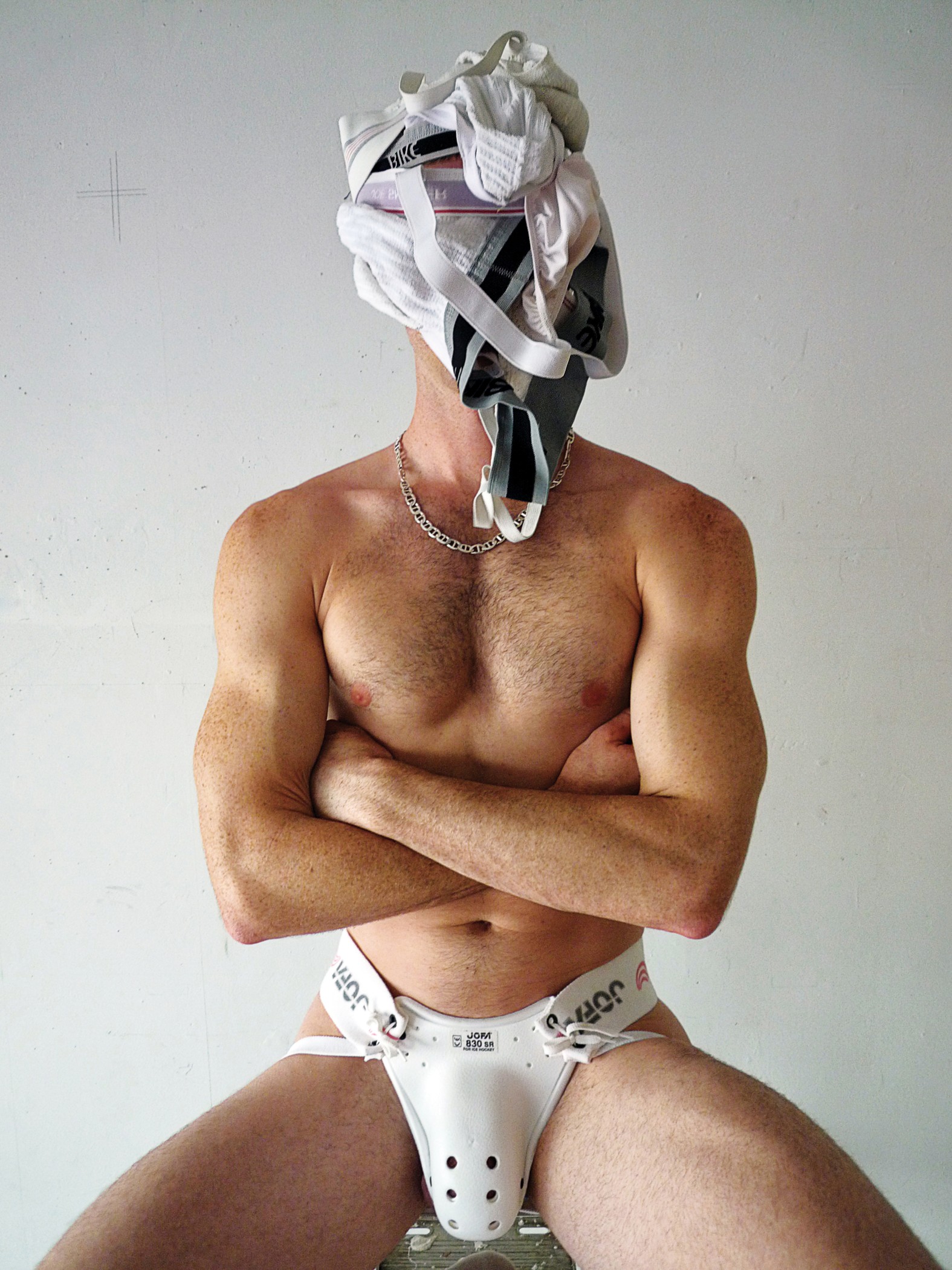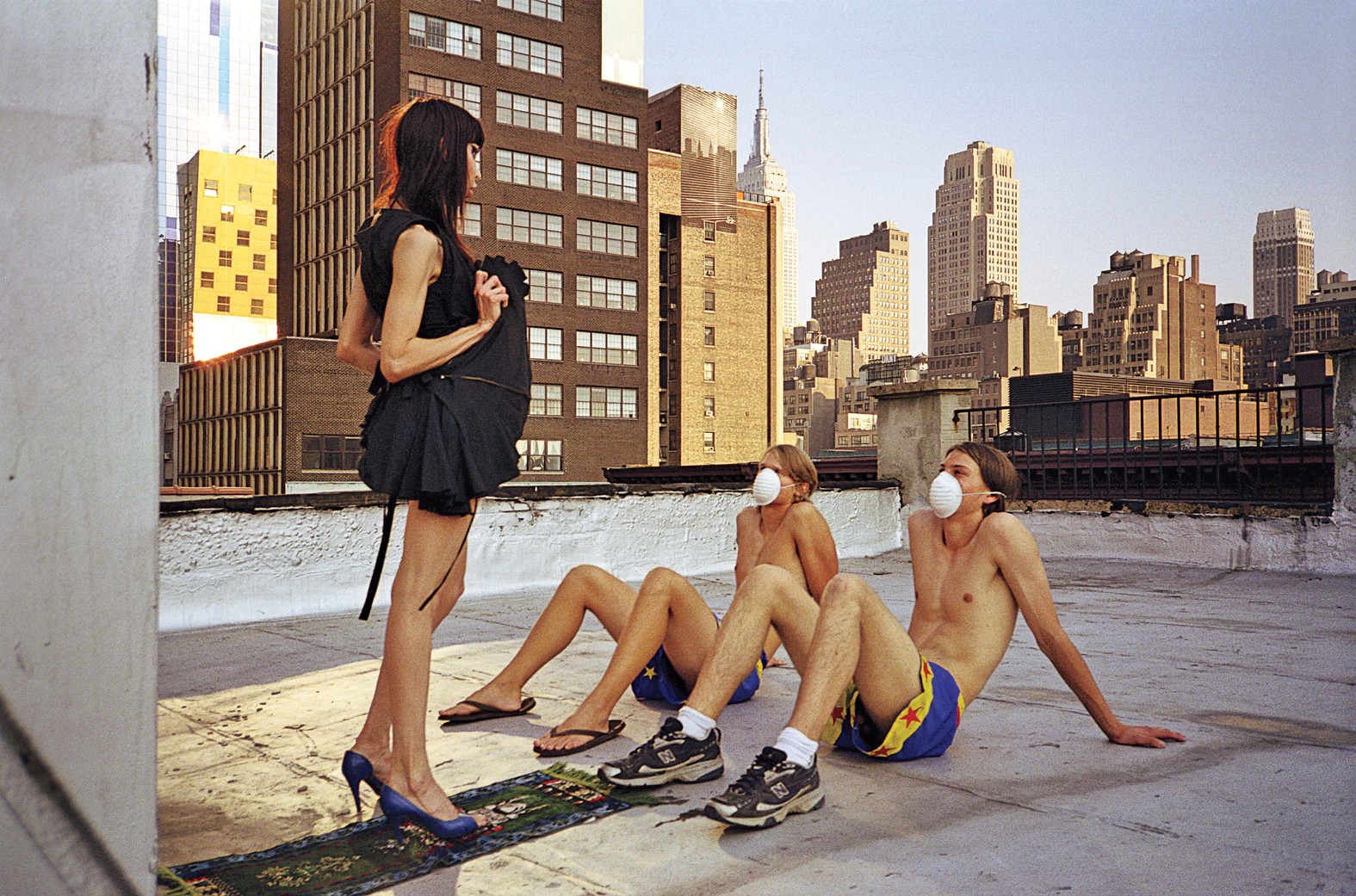Welcome to REBEL UTOPIA
UnframedOctober 6, 2017
We always admire and respect the people who stand behind who they are, and what they believe; never compromise, even if a thousand people stand against them. Slava is one them. His work on sexual identity, subcultures, the conflicts between social norms and desires… His story of being the first Russian to get political asylum in USA for homophobic persecution… “I never questioned my destiny. I believe in the power of art and the power of a written or spoken word.” says our new hero Slava Mogutin. Here he goes now!
SLAVA MOGUTIN in conversation with LARA LAKAY
If we not wrong, “Slava” means fame and glory in Russian. What was the story behind choosing this nickname?
My full name is Yaroslav Yurievich Mogutin. I was named after the ancient Russian king Yaroslav the Wise who brought literacy to Russia and established the very first library. Slava is a short version of my name, that’s how my family and friends always called me. For the first 20-some of my life, when I was writing in Russian, I was using my full name. Then I moved to NY and started using Slava as my artist name. I recently became a US citizen and legally changed my name to Slava.Do you think you are somehow influenced by the post-Soviet culture while living in Moscow?
My post-Soviet upbringing made me the person and artist I am today. I belong to the last generation that grew up under Communism and my youth was shaped by Mikhail Gorbachev’s liberal reforms known as Glasnost and Perestroika. When I moved to Moscow as a teenager, I witnessed the attempt to overthrow Gorbachev’s government and I was taking a part in the mass protests against the military coup. Seeing the power of the people’s uprising was a life-changing experience that I would never forget. It gave me confidence in my own work and political activism. Our generation knew we could change the world and we did change the world.

Do you see any positive progression about the rights of gay/queer/ transgender scene? Or is it just going worse?
Queer liberation movement has achieved a lot in the past four decades since the Stonewall riots. But let’s remember that there are still nearly 80 countries where homosexuality is illegal or semi-legal and punishable by death or imprisonment. Even in the US our freedoms are under attack, not to mention places like Russia and Turkey.Writing seems like your oldest friend. What about the start of visual arts? Do you think the rejection and suppression towards your sexual identity pulled the trigger for you to express yourself?
I was raised in a very hostile and homophobic environment but I’ve always been very open about my sexuality in my work. Displacement and identity are central themes of my writings and art. I think being queer gives you a unique perspective on culture and society. We’re all here for a reason. Being different is a privilege; it’s a blessing not a curse.
In your work we see nudity, fetish and porn symbols but also vulnerability and scenes, which look like from a normal daily life. What is your message behind?
I tell stories of real people and real experiences without expecting anyone’s approval or praise. I celebrate human nature in all its aspects, including alternative ways of being that some people would consider too marginal, hardcore or extreme. I’ve documented fetish community for many years and I always find inspiration in the way modern sexualities manifest themselves. I think naked human body is the most beautiful creation and it should be up to us how we want to use and depict our bodies through art, sex, or fetishes.How is your relationship with Russia now? Do you still have threats, shaming or insults?
I haven’t been back in many years but I still keep in touch with a few old artist friends. And I still get regular fan mail and hate mail from Russia. Unfortunately lately Russia has been in the news for all the wrong reasons. I’m proud of my Russian roots and hope one day I’ll be able to have a museum retrospective of my work there. I had several shows in Moscow but back home I’m still mostly known as a hooligan and troublemaker.

Censorship! Does it affect your work?
I have been censored in Russia and America so I must be doing something right. These days homophobic censorship is rampant on social media and I believe it’s important to address it. It’s always in the back of my mind reminding me that I should always speak from my heart and always speak my mind, and all artists should be able to do the same. The freedom of speech and artistic expression for me are the most fundamental rights. Censorship hurts us all.Do you have a milestone in your life where you really felt you are an artist?
I never questioned my destiny. I believe in the power of art and the power of a written or spoken word. I believe in higher powers and purpose. I’m just a vessel, I’m here to create and document. I’m here to give the voice to my community.